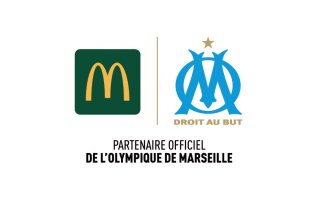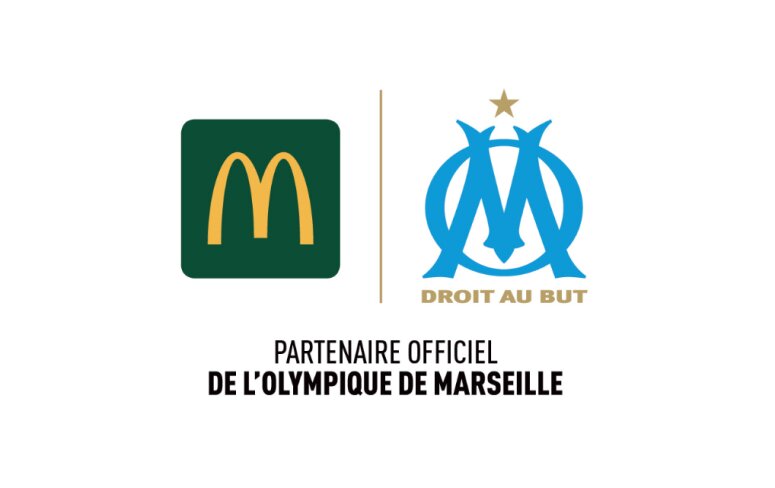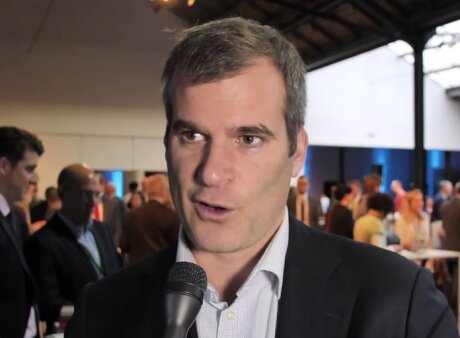
Think Football 2019: Mathieu Moreuil (Premier League) to speak at the audiovisual piracy workshop
Mathieu Moreuil, director of international football relations and European affairs for the Premier League will participate in the third edition of Think Football, organised by News Tank Football at INSEEC U. Sport (Eiffel Campus, 10 rue Sextius Michel, 75015 Paris), on Thursday 07/02/2019, with Laura Georges, the former French international with 188 caps and current general secretary of the FFF, as ambassador.
Mathieu Moreuil will speak with Caroline Guenneteau, legal director of beIN Sports France, Arnaud Decker, chairman and founder of AdValorem (public affairs consultancy for media, digital, sports and entertainment), and Julien Taieb, director of legal affairs of the LFP, during the workshop "Audiovisual piracy: the biggest danger to pro sports?"
"The crucial element in the fight against piracy is the cooperation of internet service providers (ISPs). The advantage we have in the United Kingdom is that the two main ISPs (Sky and BT) are the holders of the broadcasting rights for our league, which has obviously facilitated the collaboration. Thanks to them, we were able to demonstrate that traffic on pirate servers was almost non-existent before the matches, which led to the adoption of an order to block these servers," said Mathieu Moreuil, during a hearing on the piracy of sports broadcasts by the Commission on Culture Education and Communication of the French Senate on 23/01/2019.
Think Football 2019: to register, click here
Think Football 2019: to find the programme, click here
"The debate on the cost for football is legitimate. What bothers me is the automatic link that is made between the cost of football and piracy" (M. Moreuil, Premier League, 23/01/2019)

- "The Premier League has a long history of fighting piracy. The first website blocking order was issued in 2013. This concerned the 'first row' website, it was one of the 50 most visited websites in the United Kingdom that generated more than €10m in advertising revenue per year. This shows that there is a real piracy economy and that we are facing real crooks.
- In the United Kingdom, the legal basis is different, we are protected by copyright, which allows us to apply for blocking orders. The last order was issued in 2017 and it allows us to block servers directly.
- This decision was implemented from March to June 2018 and was renewed for the 2018-19 season. Blocking is only possible for a limited period of time, that of the match. It is very effective, but it is not a miracle solution. A great deal of time and money had to be invested to implement these orders."
"We haven't received a single complaint about an illegitimate block"
- "To illegally stream, you need a network, a platform, a server, and then either a website, an application, software or USB sticks. We're not trying to block sites, but we go back up the chain and try to block servers.
- The blocking of servers, technically, is possible, but it has a cost. It is a cost that must be negotiated between the various parties involved.
- The judge considered that the risk of overblocking was not an obstacle. We haven't received a single complaint about an illegitimate block.
- With regard to the debate on the cost for football, I think it is legitimate. What bothers me is the automatic link that is made between the cost of football and piracy. The BBC, which is a public channel, is also pirated and has signed our charter. IPTV is the provision of content for a fee, so it is really a competing and illegal business model.
- If there is no standardisation at a European level for the creation of a law similar to copyright for sports broadcasts, so national solutions will have to be found. In any case, there is no opposition from the European Union to a Member State creating a law similar to copyright for sports broadcasts."
Mathieu Moreuil, director of international football relations and EU affairs for the Premier League, on 23/01/2019

© News Tank Football - 2025 - French copyright law: "Infringement of copyright (...) is punishable by three years imprisonment and a €300,000 fine. Infringement consists of all forms of reproduction, display or circulation of any intellectual work, in any medium, in violation of the rights of the author."
